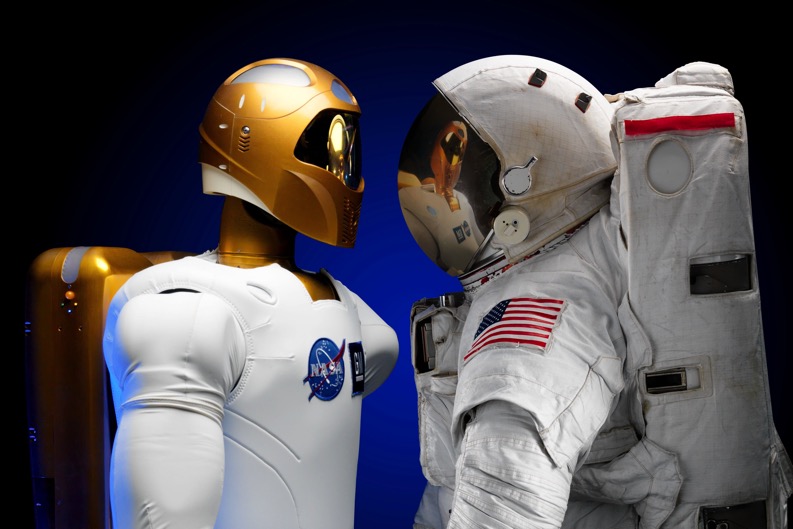Today advances in technology have made lives easier across the board for many people in the translation industry. It (advances in language Artificial Intelligence / AI) has also made the lives for people who want to do business across international borders a lot easier. That said it hadn’t brought any major upheaval to the industry. Translators who feared that machines would take over their jobs, still fear it, even though AI is far from being as capable as a human translator.
In this article, we’ll examine the role of AI in the languages or translation industry. We’ll attempt to gaze into our crystal ball to determine if there will be a point at which people will no longer need human translators!
The Role of AI Driven Machine Translation Today
AI, in general, mainly excels at doing repetitive work. That means it can efficiently perform word-by-word translations or at best chunks of sentences. However, machines despite how good they have gotten over the years struggle with cultural nuances, linguistic choices based on regional differences. For instance, a computer can’t tell the difference between an American referring to his friend as “man” as a friendly gesture or a British speaker referring to “man” as a species. In each instance, the word will be translated the same way. That’s why human translators have nothing to fear.
There is a role that technology plays in the translation industry, and that is to speed up the process. Translators today can rely on machine translation to give them a quick and dirt translation of text or audio. Systems like MemoQ and Trados can provide a rough translation that is then worked over by a human translator. The process ensures a much more accurate translation.
Will We Ever Have Human Equivalent Machine Translation?
We might not have it within our lifetime! Machines will, for the most part, struggle with things like sarcasm, humour, cultural references, slang and other human elements of language. Unless machines are able to develop a sense of humour, and then use that to quickly grow a database of equivalent humorous and cultural references for all languages, it will not be able to translate accurately.
AI and machine translations also don’t work for marketing material. Machines don’t understand exactly why something is put the way it is on a web page or brochure, for instance. But as human translators, we know, why the company has a tag line that leads into a sales pitch for its products. That’s why human translators are better at making sure that the translated piece is culturally and linguistically appropriate for the audience it is intended to attract.
We Don’t Trust Machines to Translate Mission Critical Documents
No translation service or even business will trust their documents to be accurately translated by a machine. Even the best machine translators are way behind human translators, even those who may have a slight grasp of the language. That’s why the dependence on human translators owing to the global nature of business will only grow and at least not shrink during our lifetime.

